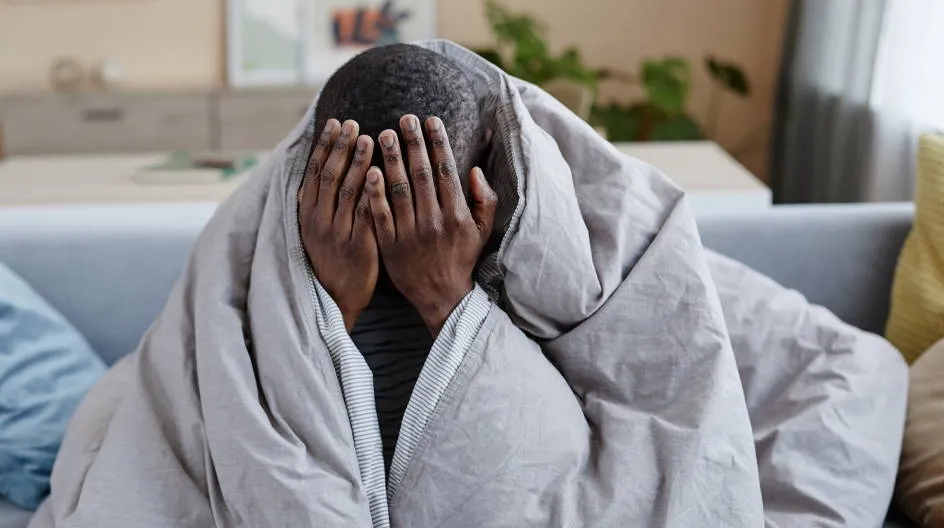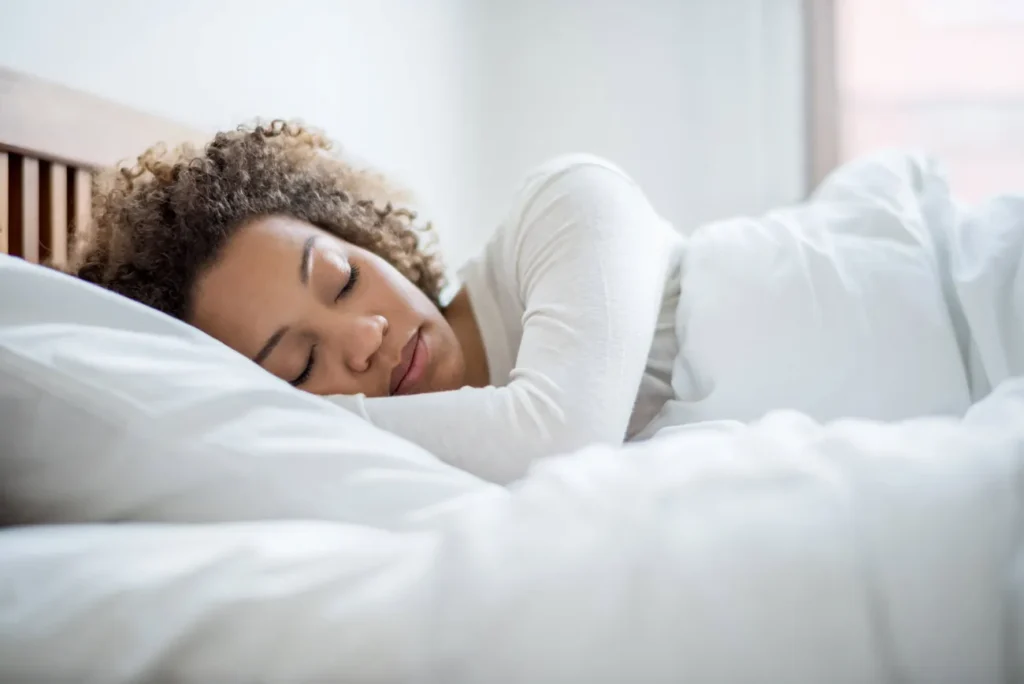Read time : 4 minutes

The Impact of Sleep on Mental Health. Think about the last time you had a truly good night’s sleep. Chances are you woke up feeling lighter, calmer, and ready to face the day’s challenges. Yet for many of us, restful sleep feels like a bonus we squeeze in, not a daily habit we protect.
But here’s the truth: sleep isn’t just a break from being awake. It’s one of the most powerful ways to take care of your mind, manage stress, and perform your best — at work and in life.
Let’s explore the impact of sleep on mental health, what really happens when you don’t get enough, and practical tips to help you turn rest into your new productivity tool.
Why Sleep and Mental Wellbeing Are So Closely Linked
Most people know sleep helps the body recover. But what many overlook is that sleep is just as important for the mind.
According to mental health experts and sleep specialists, when we sleep, the brain doesn’t simply “shut off.” Instead, it sorts through the day’s events, balances emotions, and resets our mood for tomorrow.
This is why missing sleep often means:
- Feeling irritable and stressed
- Struggling to concentrate
- Overreacting to minor setbacks
- Losing motivation for even simple tasks
It’s not a sign of weakness — it’s how the mind naturally reacts when it hasn’t had time to recharge.
The Effect of Bad Sleep
One of the biggest challenges with sleep and mental health is the cycle they can create.
Imagine: after a stressful day, you find it hard to fall asleep. The next morning, you feel tense and easily annoyed. That mood can make work meetings or family conversations harder, leading to more stress — and again, poor sleep that night.
According to experts, this cycle is common but often overlooked. It shows why focusing on healthy sleep habits isn’t just about getting eight hours — it’s about breaking the loop so you can start each day feeling balanced and resilient.
Sleep Helps Your Mind, Too
Many people think lifestyle habits — like diet, exercise, or sleep — are mostly about physical health, such as weight control or fighting tiredness. But sleep’s real magic often lies in what it does for your mental health.
Good sleep helps you:
- Respond calmly to stress
- Solve problems and make decisions clearly
- Remember details and stay organized
- Feel emotionally balanced instead of easily upset or overwhelmed
It’s like giving your mind a nightly tune-up so it can run smoothly the next day.
Everyday Tips to Sleep Better
Improving sleep isn’t about perfection or forcing yourself into a rigid schedule. Small, mindful habits often bring the biggest changes. Here are some insights drawn from wellness coaches and sleep specialists:
- Create a bedtime routine that signals “it’s time to slow down.”
It could be reading, gentle stretches, or even writing tomorrow’s to-do list to quiet a racing mind. - Keep a consistent schedule — even on weekends.
Going to bed and waking up around the same time helps train your body’s internal clock, making falling asleep easier. - Step away from screens at least 30–60 minutes before bed.
Experts often highlight this tip, as the light from phones and laptops can keep the brain alert longer than you realize. - Make your bedroom a sleep-friendly space.
Think cool temperature, dim lighting, and a comfortable mattress. A tidy room can also feel mentally calming. - Watch late-day caffeine or heavy meals.
Many people underestimate how an afternoon coffee or a late, spicy dinner can keep them awake.
Why Rest Isn’t Lazy — It’s Smart

Especially in busy workplaces, there’s often an unspoken belief that working late or waking early to get ahead shows dedication. But in reality, chronic tiredness often leads to:
- More mistakes
- Slower problem-solving
- Increased stress
- Short tempers that can harm teamwork
In contrast, well-rested employees often bring clearer thinking, more creativity, and a calmer approach to stressful situations. Over time, these qualities are what truly drive success — both individually and for teams.
In short: sleep doesn’t steal your productivity. It fuels it.
Final Thoughts: Give Yourself Permission to Rest
Sleep isn’t just for weekends, holidays, or “when you have time.”
It’s an essential, daily form of self-care that strengthens your mental resilience, mood, and energy.
So tonight, try this: close your laptop a bit earlier, silence your phone, and give yourself space to wind down.
Not because you “deserve” rest after working hard — but because rest itself is what helps you show up as your best self tomorrow.
Meet Your Ai Personal Trainer
Download the App to Take your free Ai health assessment Today [Take Assessment]
Baah Sekyere Agyekum
Myhealthcop physical activity expert